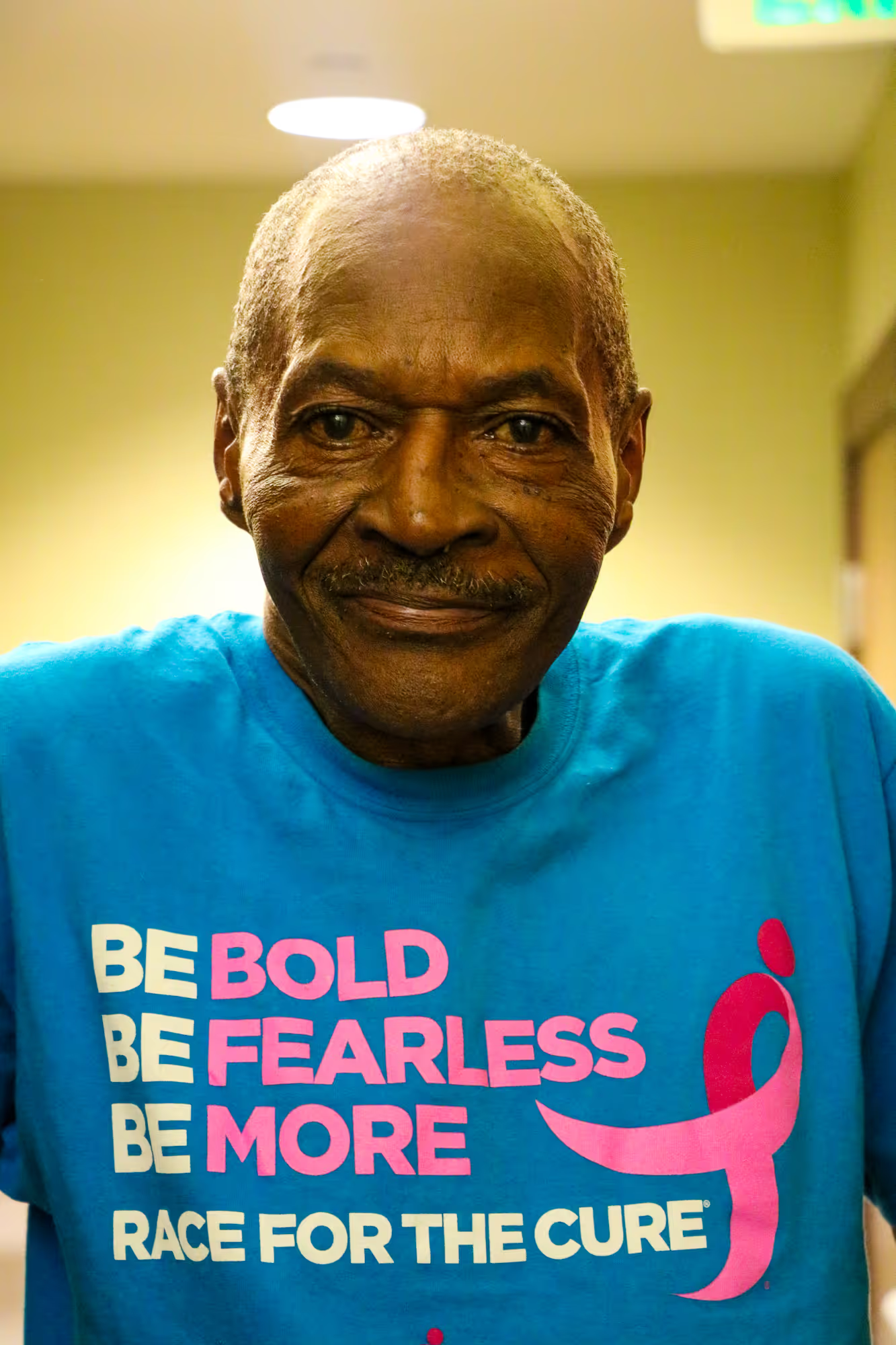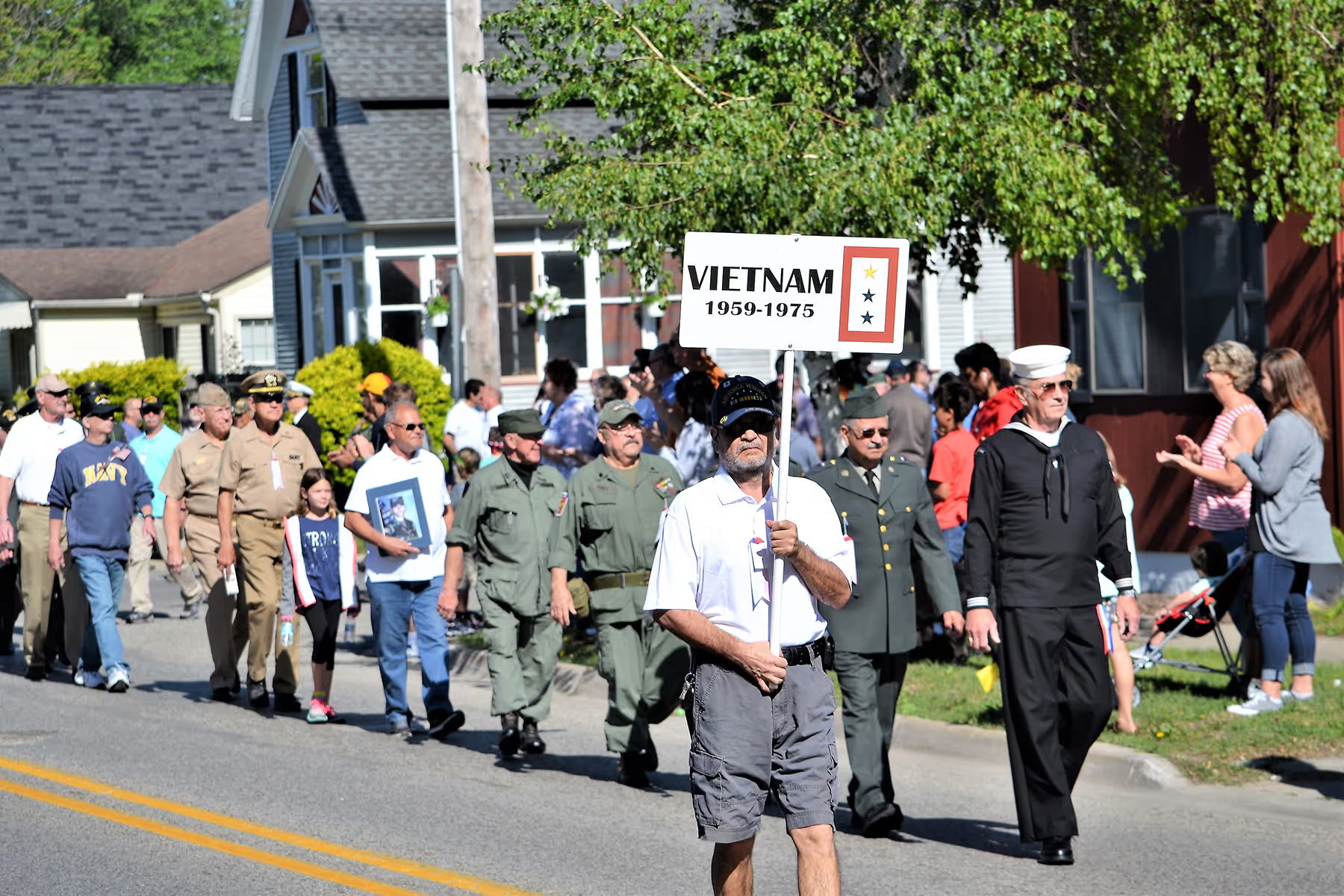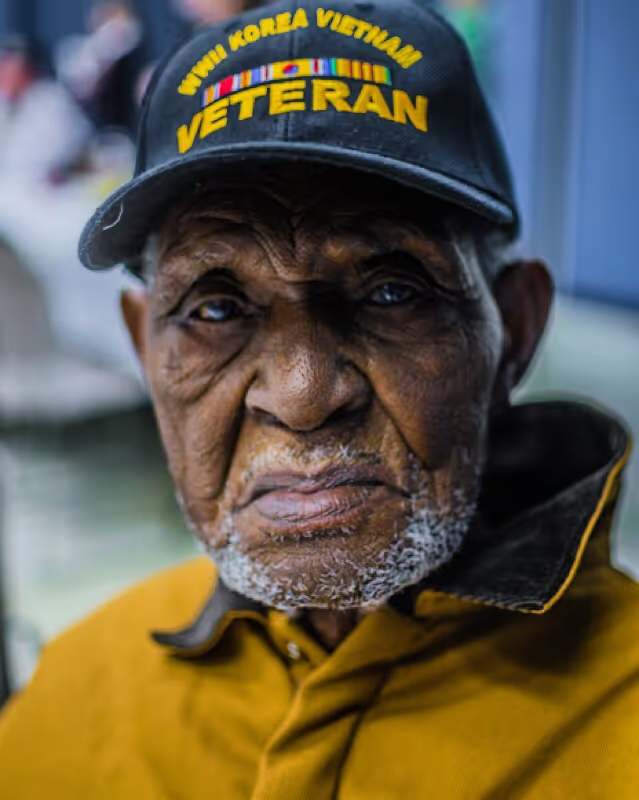The anxiety, fear, and isolation enveloping the COVID-19 pandemic may resurrect traumatic experiences and responses from a veterans time in the military. The isolation of lockdowns can exacerbate the disconnect that veterans may feel from the civilian community or add to their cumulative lifetime trauma. Just as research has found that greater unit cohesion is associated a lower risk mental health disorders, isolation can be a risk for poor mental health.
For some veterans, time spent in the military might make them more resilient in the face of the pandemic’s adversity. However, for many others, a number of the pandemic’s characteristics—including isolation and separation from family and friends, regular reporting of mortality statistics, a sense of uncertainty, and worries about shortages of household and medical supplies—can be reminders of military service.
For aging veterans, the re-emergence of unresolved wartime memories may be particularly deleterious. We know that as individuals age—whether they are veterans or not—an accumulation of unresolved troublesome issues can adversely impact mental health. For aging veterans grappling with combat trauma or moral injury, fears of serious illness or death from COVID-19 can add to their psychological burden.
Finally, the isolation central to the lockdowns and quarantine may be especially difficult for older veterans. Aging veterans who have been diagnosed with PTSD are more likely to be isolated or have poor interpersonal relationships anyway. The added isolation during the pandemic has added to that toll.









